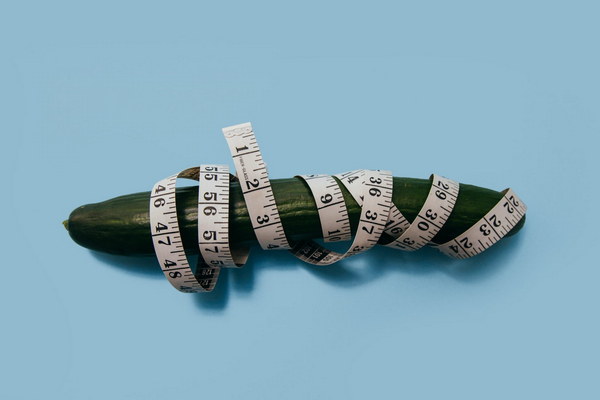Unveiling the Secret How Calcium Nourishes Your Kidneys
Introduction:
Calcium, often associated with strong bones and teeth, holds a crucial role in maintaining kidney health. The kidneys are vital organs responsible for filtering waste and excess substances from the blood, producing urine, and regulating blood pressure. In recent years, researchers have discovered that calcium plays a significant role in kidney function. This article delves into the fascinating connection between calcium and kidney health, highlighting the importance of maintaining a balanced calcium intake for optimal kidney function.
The Link between Calcium and Kidneys:
The kidneys play a crucial role in calcium metabolism. They help maintain calcium balance in the body by filtering and reabsorbing calcium from the blood. Adequate calcium intake is essential for proper kidney function, as it helps prevent kidney stones and supports overall kidney health.
1. Kidney Stones:
Calcium stones are one of the most common types of kidney stones. They form when there is an excess of calcium in the urine. Consuming excessive amounts of calcium can contribute to the formation of kidney stones. However, it is important to note that calcium alone does not cause kidney stones; it is the combination of calcium with other substances like oxalate and phosphorus that increases the risk.
2. Calcium Reabsorption:
The kidneys regulate calcium reabsorption by adjusting the amount of calcium that is reabsorbed back into the bloodstream. This process ensures that the body maintains adequate calcium levels. However, certain conditions, such as kidney disease or kidney dysfunction, can disrupt this balance, leading to increased calcium excretion and potential kidney problems.
3. Blood Pressure Regulation:
Calcium also plays a role in blood pressure regulation. The kidneys help control blood pressure by adjusting the balance of sodium and calcium in the body. Adequate calcium intake can help maintain healthy blood pressure levels, reducing the risk of kidney damage caused by high blood pressure.
Maintaining a Balanced Calcium Intake:
While calcium is crucial for kidney health, it is essential to maintain a balanced intake. Here are some tips to ensure you are getting enough calcium without exceeding recommended limits:

1. Dietary Sources:
Consume calcium-rich foods such as dairy products (milk, cheese, yogurt), leafy greens (spinach, kale), and fortified foods (cereals, orange juice). These sources provide calcium along with other essential nutrients.
2. Limit High-Calcium Foods:
Although calcium is beneficial, excessive intake can increase the risk of kidney stones. Limit high-calcium foods such as spinach, kale, and nuts if you have a history of kidney stones or are at risk.
3. Consult a Healthcare Professional:
If you have specific concerns about your calcium intake or kidney health, consult a healthcare professional. They can provide personalized advice based on your individual needs.
4. Regular Check-ups:
Regular kidney function tests are crucial in monitoring calcium levels and detecting any potential kidney issues. Early detection and intervention can help prevent complications and maintain kidney health.
Conclusion:
Calcium plays a vital role in kidney health. While excessive calcium intake can increase the risk of kidney stones, adequate calcium consumption is essential for optimal kidney function. By maintaining a balanced calcium intake through a varied diet and regular check-ups, you can support your kidney health and reduce the risk of kidney-related complications. Remember, it's all about finding the right balance!









